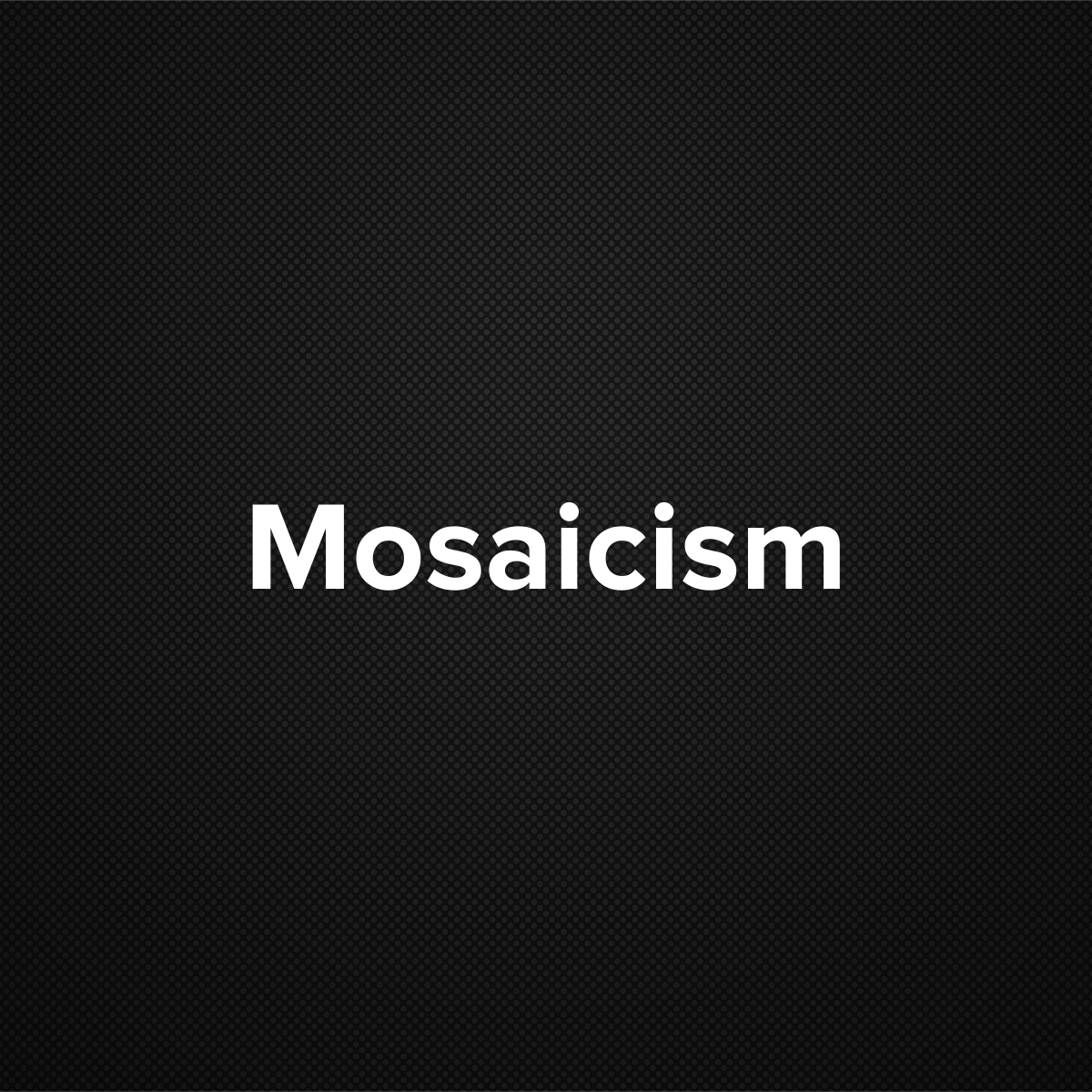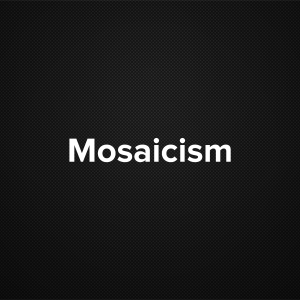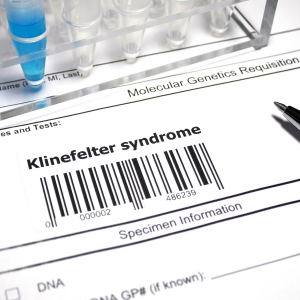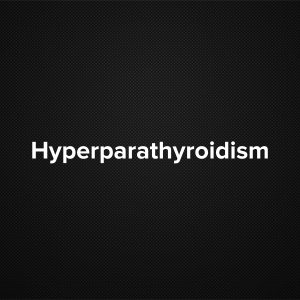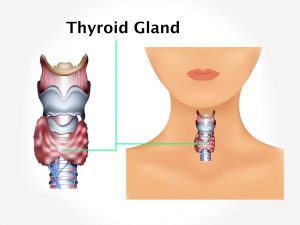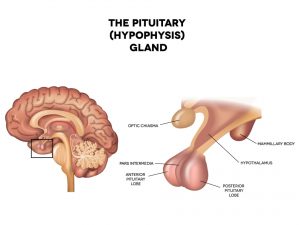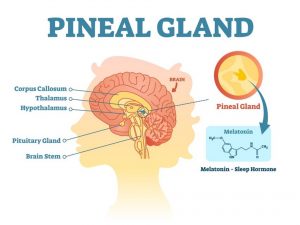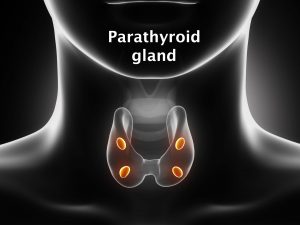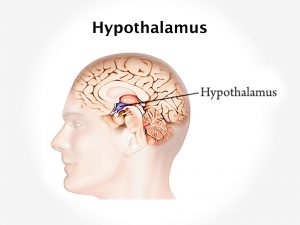Causes and risk factors
Mosaicism is caused by a defect in the cell division during the early embryonic development of the fetus. It occurs when 2 DNA molecules exchange genetic information during mitosis. The disease is associated with VHL (Von Hippel-Lindau tumor).
Clinical presentation
The person has both normal as well as abnormal cells. The symptoms produced are extremely varied and cannot be predicted. E.g., heterochromia, i.e., different color of iris (eye color) in same person, shaded pattern of skin. The severity depends upon which body parts are affected. People with a small number of abnormal cells have a much better prognosis than people with a large number of abnormal cells.
Investigations
Medical history by the patient helps in diagnosis. Genetic testing is required. Blood test is recommended.
Treatment
Treatment will be decided on the basis of presentation of the disease. Genetic counseling is required.
Complications
Complications occur depending upon which body tissues and organs are affected and the number of abnormal cells.
When to Contact a Doctor
One must consult a doctor if the features of mosaicism are bothering the patient.
Systems involved
Immune system, genetic system
Organs involved
Eyes, skin, blood, etc.
